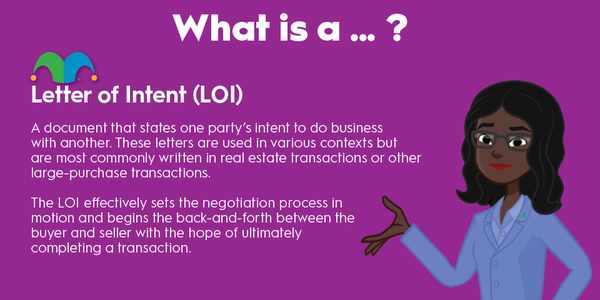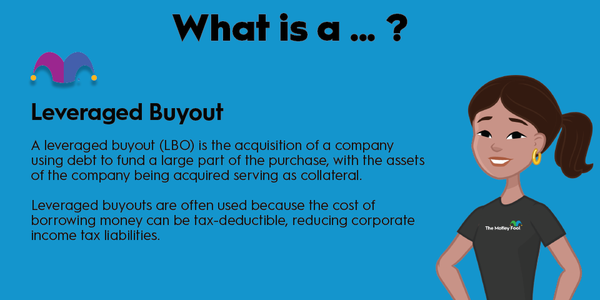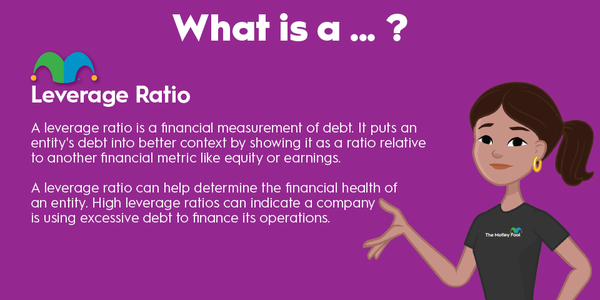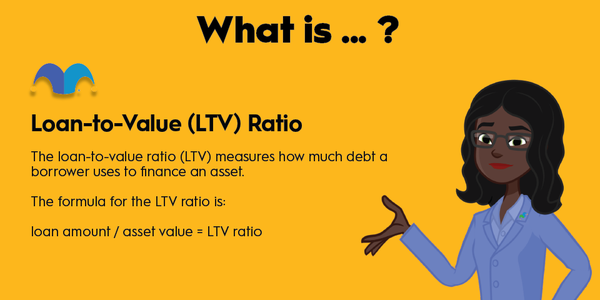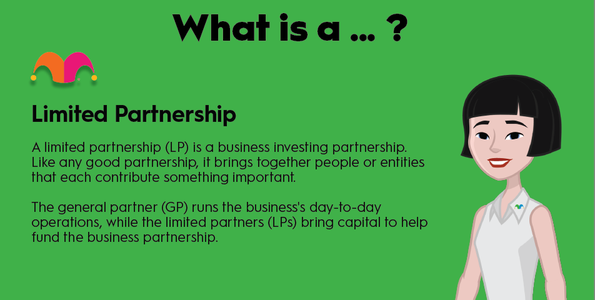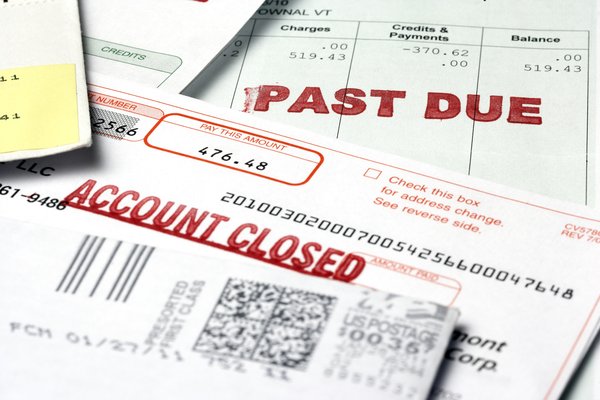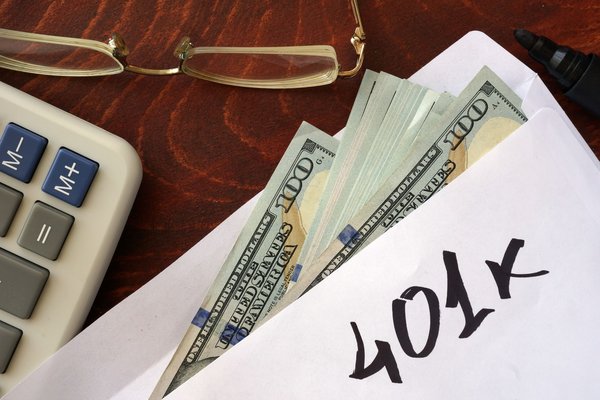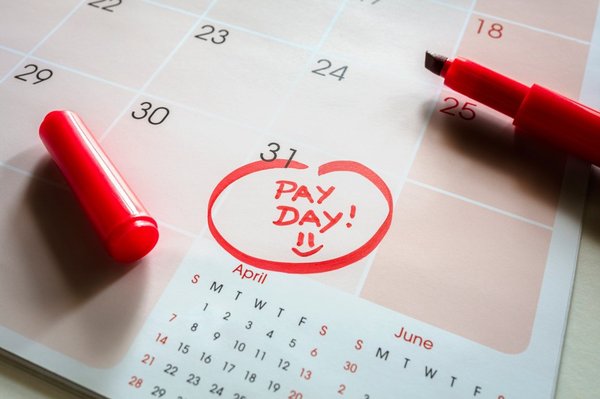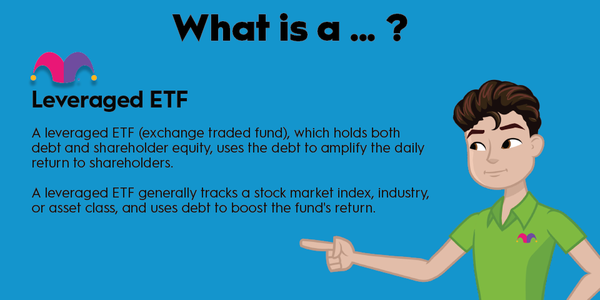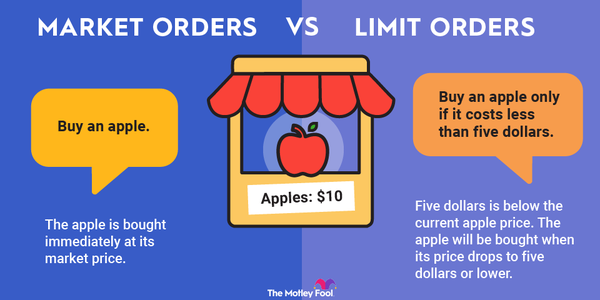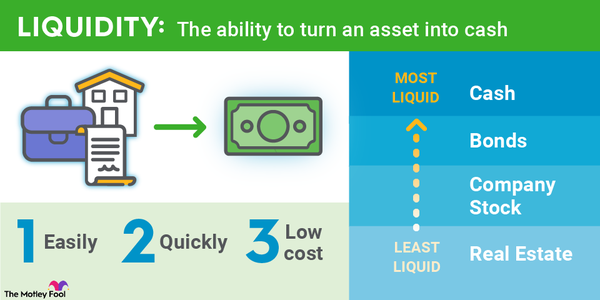Key takeaways
- A paper loss represents the negative difference between an investments current market price and initial purchase price.
- Losses on paper don't become real losses until the investment is actually sold.
- Paper losses and profits offer helpful snapshots and are used by some companies for accounting.
At its core, investing is about buying things with the expectation that they will increase in value over time. If your investments have decreased in value, you will have a loss on paper.

Definition
What is a loss on paper?
A loss on paper reflects the decline in the market price of an asset or equity that has not actually been sold. Because the asset or equity is still owned and has not been liquidated for cash, no actual loss of value has actually been incurred by the owner. A paper loss merely represents the negative difference between the current value of a holding and its initial purchase price.
How to calculate
How to calculate paper losses and profits
Calculating a loss on paper is done by subtracting the purchase price of an asset or equity holding from its current market price. If the current value of the holding is less than the initial purchase price, you will have a negative value. This figure will only be your loss on paper because the asset or equity has not actually been sold.
Calculating paper profits is also done by subtracting the purchase price of the equity or asset from its current price. If the holding's current valuation exceeds its initial purchase price, you will have a positive value. This figure represents the paper profit on the investment -- the amount you would gain if the holding were sold for cash.
Why are they important?
Why are paper losses and profits important?
Keeping track of losses and profits on paper will give you an idea of how your investments are performing. For example, the paper value of a stock represents the current price it can be sold for on the market -- but it's not the deciding factor in whether your investment ultimately winds up being a success or failure.
The market price of an asset or equity position can change substantially over time, and a profit or loss doesn't become real until the holding is sold for cash. Accordingly, paper losses and profits merely present snapshots of how investments are performing at a given point in time. These snapshots can be used to shape and inform buying and selling decisions, as well as other financial moves, but returns on investments only become real when the positions are liquidated.
Related investing topics
Example
A real-world example of losses on paper
Berkshire Hathaway (BRK.A -0.34%)(BRK.B -0.01%) is one of the world's most successful investment conglomerates. The company is led by CEO Warren Buffett and owns subsidiary businesses and a large portfolio of stocks. Due to accounting requirements, Buffett's company reports the changes in the paper value of its stock positions on its quarterly financial filings even when it has not actually sold shares.
While Berkshire Hathaway has been enormously successful through the years, it's not immune to trends that affect the broader stock market. If the market has a particularly bad year, Berkshire's accounting will sometimes show large losses on paper due to falling stock prices even if the company's businesses continue to post profits. Such a scenario occurred in 2022.
The stock market struggled due to macroeconomic and geopolitical pressures in 2022, with the benchmark S&P 500 index falling 19.4% across the year. Large declines in stock prices resulted in Berkshire recording losses on paper even though it held onto shares through pricing declines, and its combined subsidiary businesses remained profitable. While the company's operating income actually rose 12% annually to reach roughly $27.5 billion in 2022, paper losses for its stock holdings resulted in the company showing a net loss of roughly $22.8 billion for the year.

